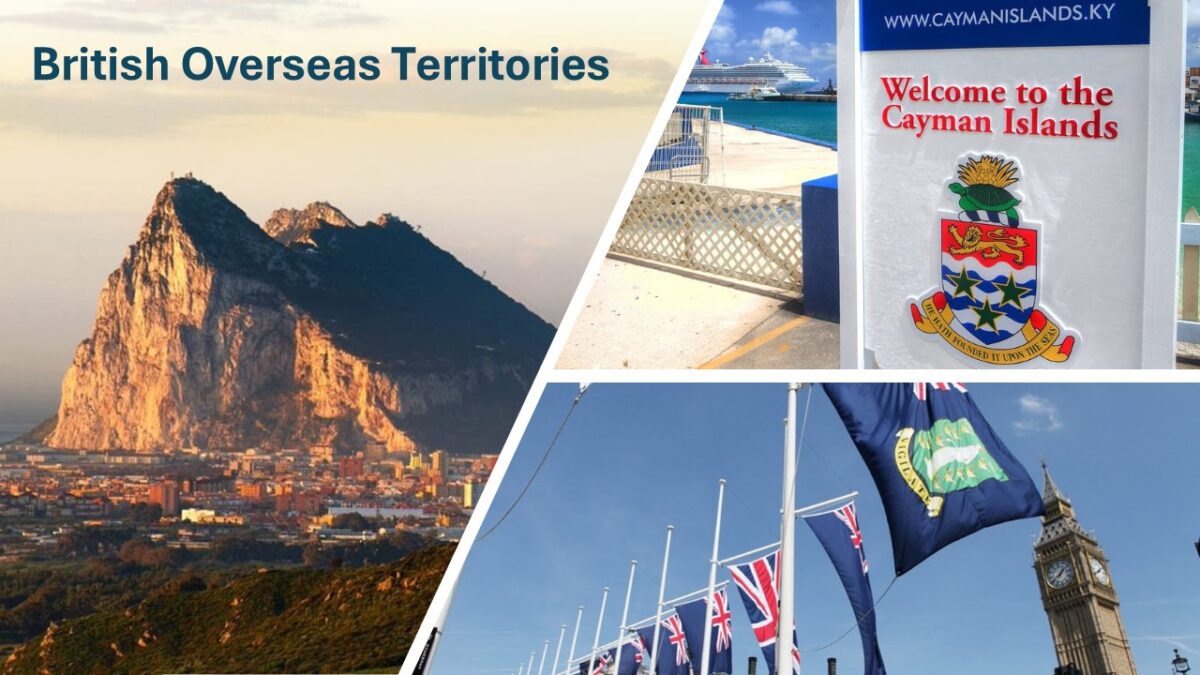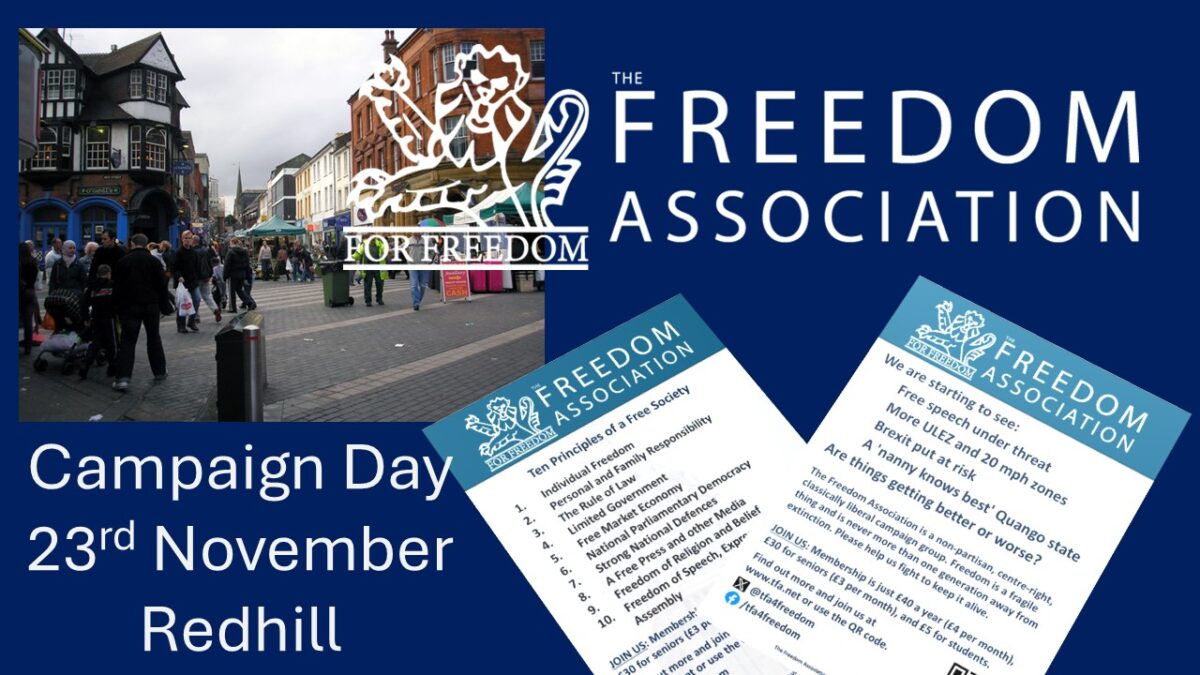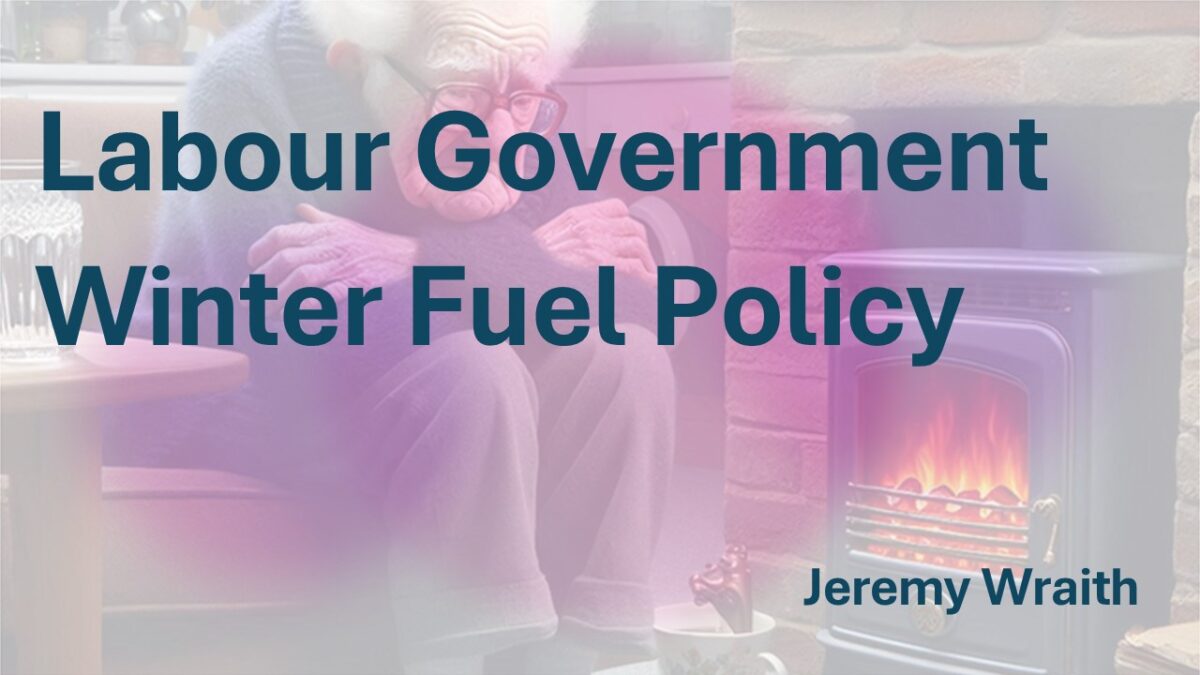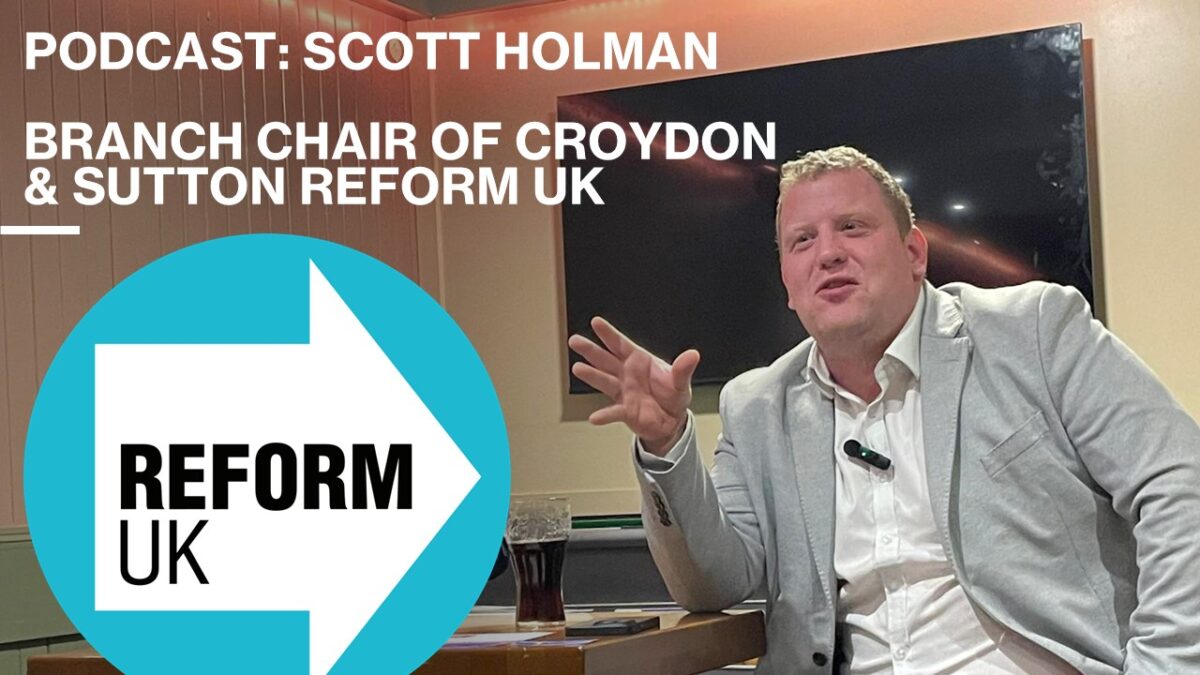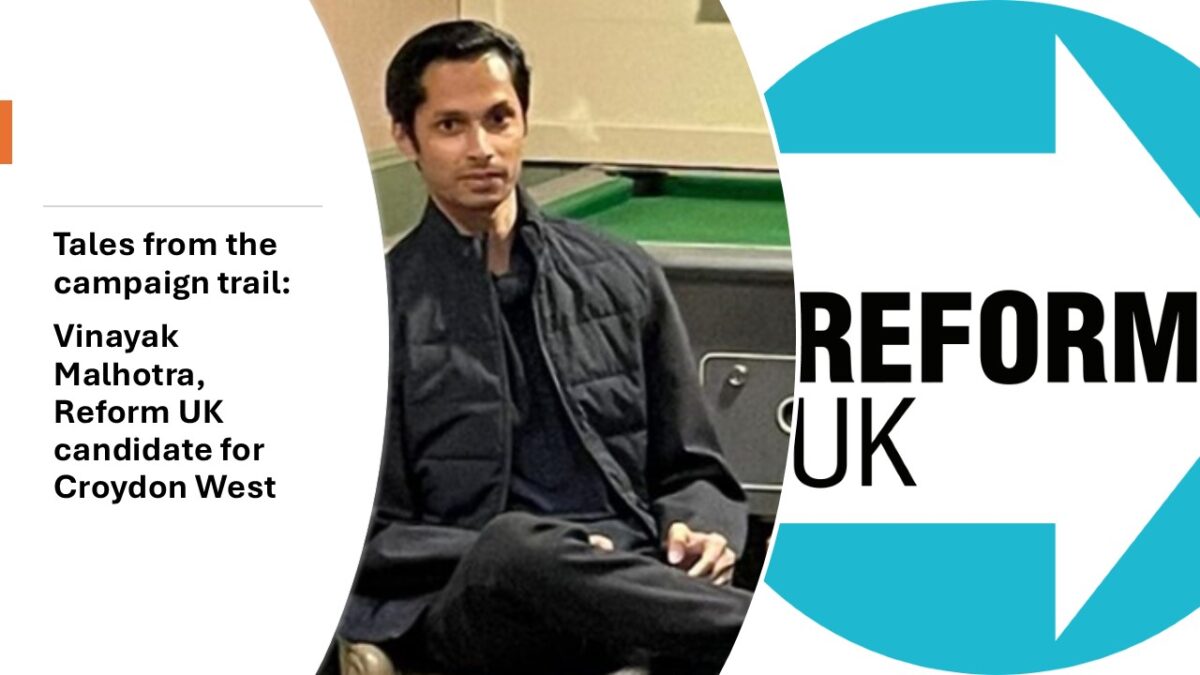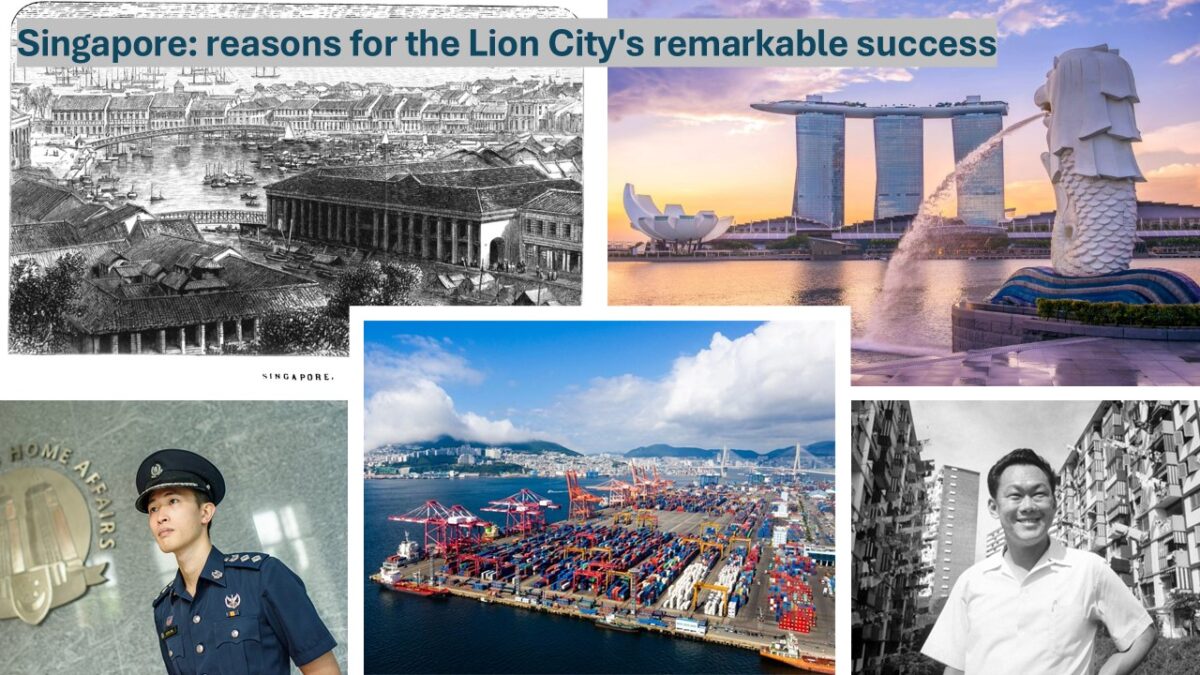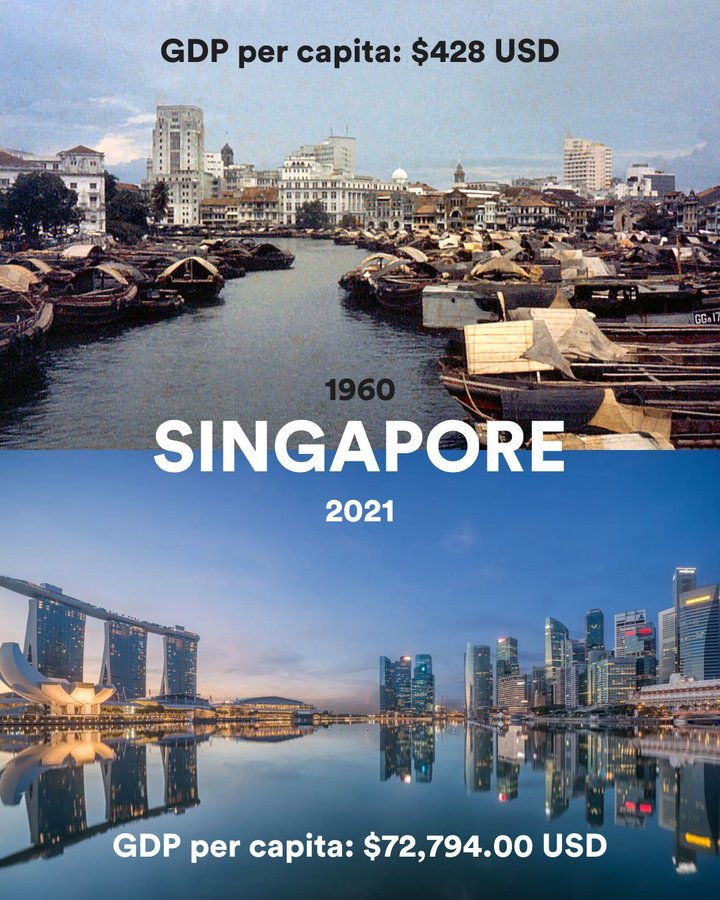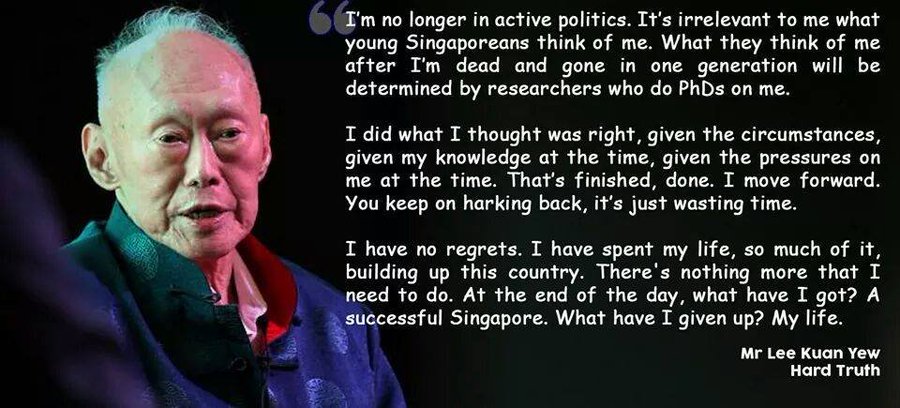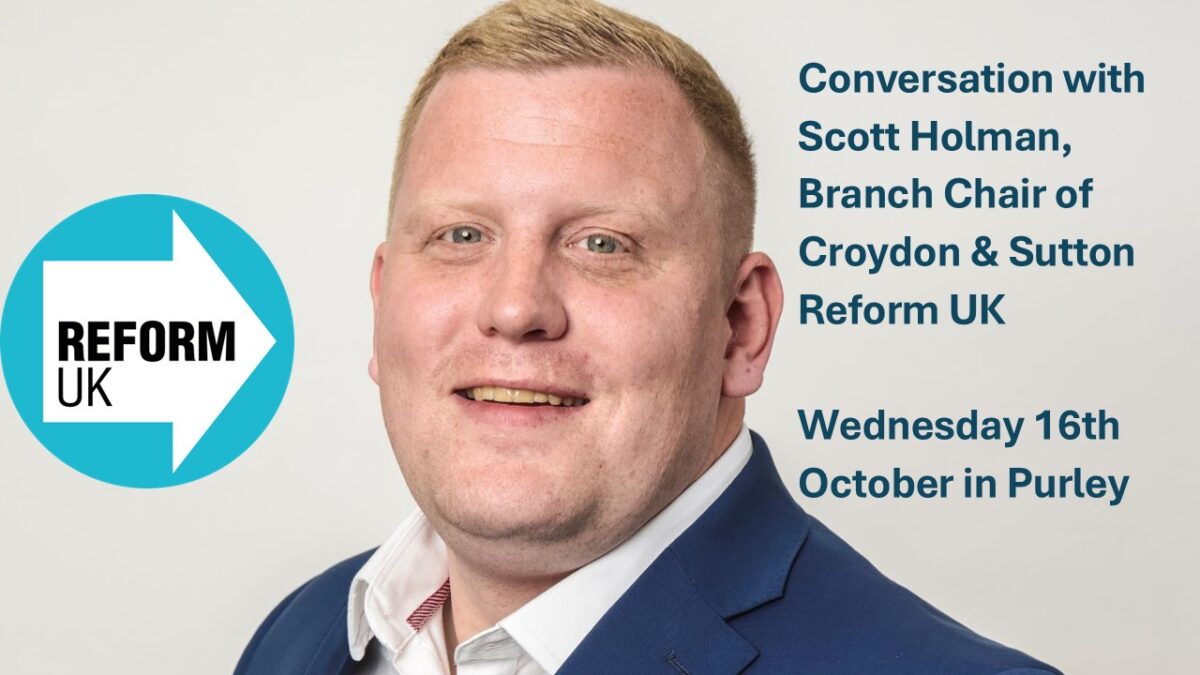Sam Bidwell writes on Britain’s Overseas Territories.
“the UK hasn’t been self-sufficient in terms of food production since the 1750s – and in the 1930s, only about 30% of food consumed in the UK was produced domestically”
On the 4th October, the UK Government announced that it would hand over the Chagos Islands to Mauritius The handover puts our strategic interests at risk – but why? An overview of the Overseas Territories, and why they’re so crucial to our security and national interests.
Here is a map of Britain’s Overseas Territories Together, they form a network of staging posts that allows us to defend our interests abroad. But it doesn’t take a genius to notice that most of these territories are not close to the British Isles – so why do they matter?
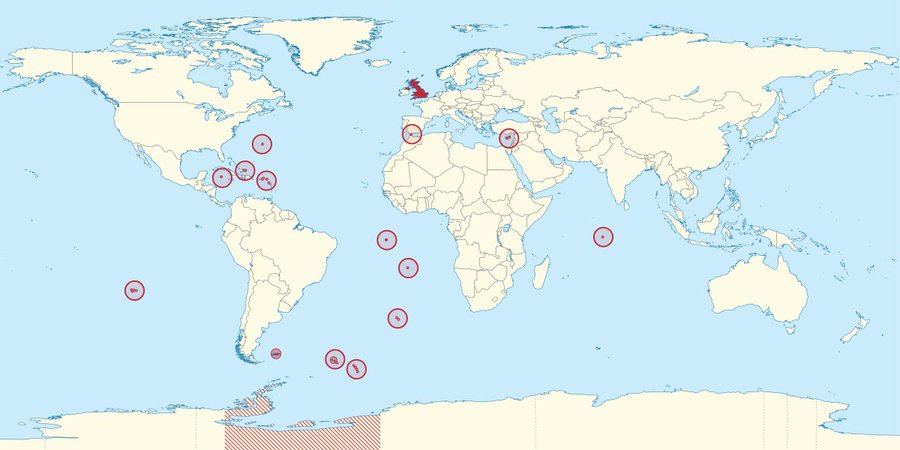
For centuries now, Britain has been a trading nation, with commercial interests abroad. For example, the UK hasn’t been self-sufficient in terms of food production since the 1750s – and in the 1930s, only about 30% of food consumed in the UK was produced domestically.
Today, we import roughly 40% of our food and 37% of our primary energy sources. This means that we have an interest in the security of key trade routes and shipping lanes. Disruptions to these routes can drive up import costs, meaning higher prices for British consumers.
Even if Britain became more self-sufficient in food and energy production, we would still have overseas interests. Many of our largest businesses rely on their operations abroad to turn a profit. Also, we still need to collect military intelligence, to help us predict threats.
“The Overseas Territories are a crucial part of our efforts to keep trade flowing and exercise influence. For example, Gibraltar sits at the western entrance to the Mediterranean Sea, which accounts for about 15% of all global shipping”
Economic and military influence abroad also gives us a stronger hand when we deal with other countries – which brings us to the Overseas Territories.
The Overseas Territories are a crucial part of our efforts to keep trade flowing and exercise influence. For example, Gibraltar sits at the western entrance to the Mediterranean Sea, which accounts for about 15% of all global shipping. The RAF and Royal Navy both have a presence here, allowing for quick deployment into the Mediterranean or out into the Atlantic.
If the Strait of Gibraltar were disrupted, this would be a disaster for the flow of global trade – and Gibraltar helps Britain to keep it open. The Rock of Gibraltar is also an outpost for intelligence gathering, perfect for transmitting and receiving intel over long distances.
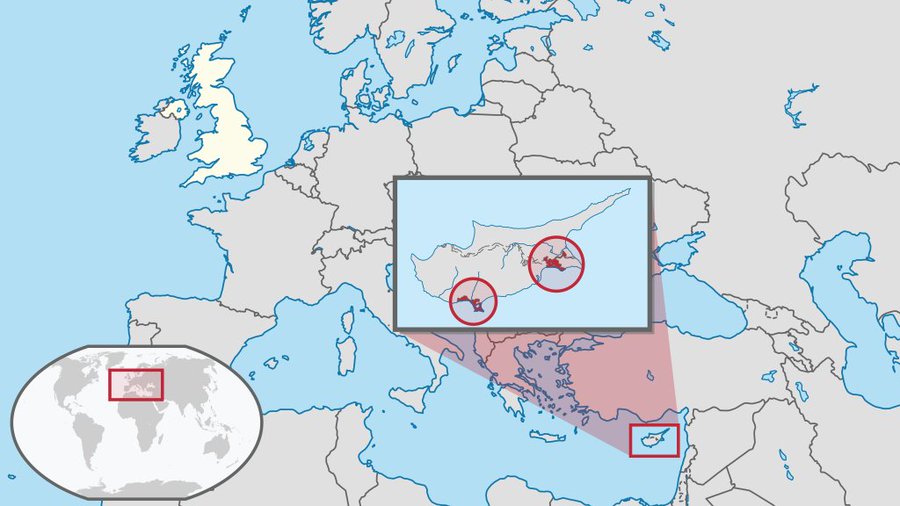
At the other end of the Mediterranean are Britain’s two sovereign base areas on the island of Cyprus, Akrotiri and Dhekelia from the RAF Base at Akrotiri, Britain can maintain influence over the other entrance to the Mediterranean, namely the Suez Canal. Akrotiri also allows Britain to maintain oversight of the volatile Middle East, both in terms of intelligence gathering and in terms of forward military operations. Akrotiri has been crucial in joint US-UK efforts to keep the Red Sea shipping route open despite Houthi attacks.
Ascension Island in the South Atlantic is home to an RAF facility, which was critical to the success of the Falklands War in 1982 It serves as a refuelling point for Royal Navy ships, a signals intelligence hub, and hosts one of the four ground antennas that enables GPS.
Further south are the famous Falkland Islands, now home to RAF Mount Pleasant. While traditionally not of enormous strategic value, a number of companies are now drilling for oil and gas off the coast of the Falklands – which we should be taking advantage of.
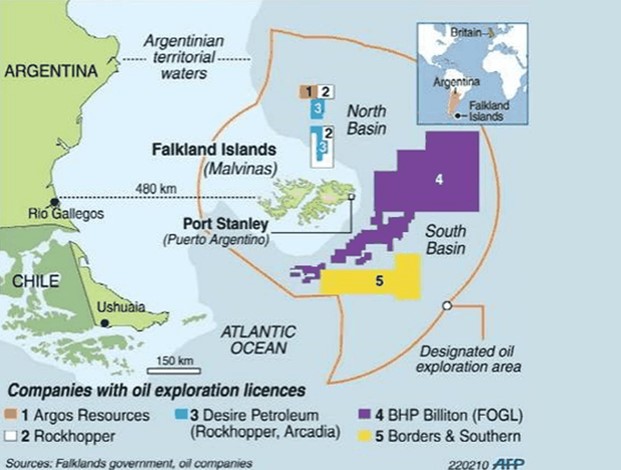
“The British base on the islands, Diego Garcia, allows the British military to refuel and restock when travelling between Europe, Asia, and the Middle East. It is also ideally located for intelligence gathering”
Of course, the world’s most important shipping lanes are not in the Mediterranean or the South Atlantic – but in Asia. This is precisely why the British presence in the Chagos Islands is so important – it is a staging post for our operations in East Asia and the Persian Gulf.
The British base on the islands, Diego Garcia, allows the British military to refuel and restock when travelling between Europe, Asia, and the Middle East. It is also ideally located for intelligence gathering, with easy access to some of the world’s most important theatres.
Diego Garcia complements British military instalments in the Persian Gulf, including our naval support facility in Bahrain, our military logistics centre in Duqm, Oman, and the RAF outpost at Al Udeid, Qatar. These instalments help us to ensure the free flow of oil.
Diego Garcia also complements British military instalments in Southeast Asia, such as naval facility in Sembawang, Singapore and our military base in Brunei. These instalments help us to ensure the free flow of goods from Asia to Europe and vice versa.
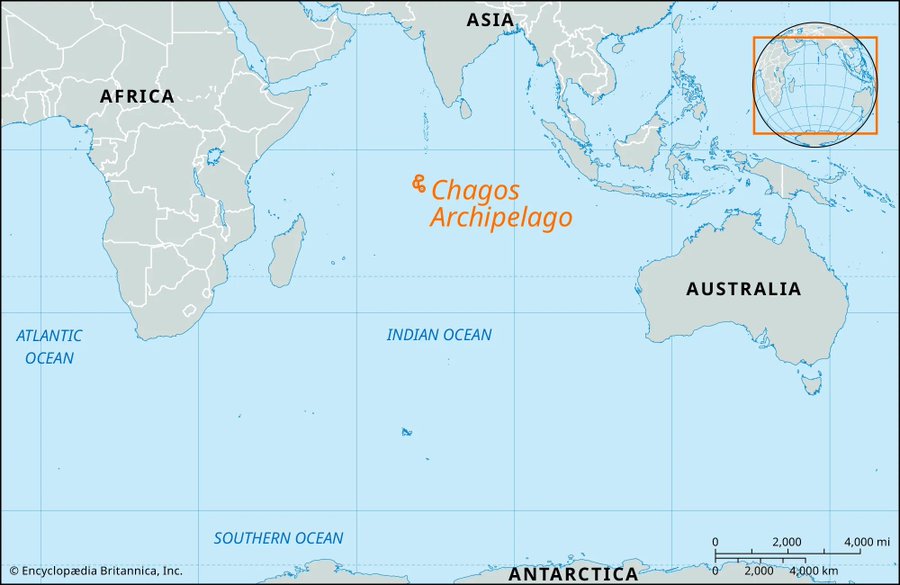
“What’s more, Mauritius regards China as a key ally – and is susceptible to Chinese economic influence”
Under the handover deal, Britain retains access to Diego Garcia for another 99 years – but this is a vulnerable position. After all, Mauritius promised that it would honour Britain’s ownership of the Chagos Islands in the 1960s, and reneged within a generation.
What’s more, Mauritius regards China as a key ally – and is susceptible to Chinese economic influence. Naturally, China has an interest in expanding its own ability to influence global trade routes from this key strategic position in the Indian Ocean.
The deal also removes Britain’s ability to use access to Diego Garcia as a bargaining chip when dealing with the United States. Allowing partners to use the Overseas Territories strengthened Britain’s negotiating hand – after all, we could always threaten to take it away.
Of course, not all of our Overseas Territories are of military importance. Caribbean territories like the British Virgin Islands, Anguilla, and the Cayman Islands offer favourable tax treatment, and widen access to capital for our financial services sector.
What is certain is that our Overseas Territories are a key part of a self-interested UK foreign policy – giving us military flexibility and influence, leverage over our allies, and the ability to protect key shipping lanes. Handing over the Chagos Islands was a mistake.


Reproduced with kind permission of Sam Bidwell, Director of the Next Generation Centre at the Adam Smith Institute, Associate Fellow at the Henry Jackson Society, although views are his own. Sam can be found on X/Twitter, on Substack, and can be contacted at s.bidwell.gb@gmail.com. This article was originally published as a X/Twitter Thread at https://x.com/sam_bidwell/status/1842213433044861296?s=46.

